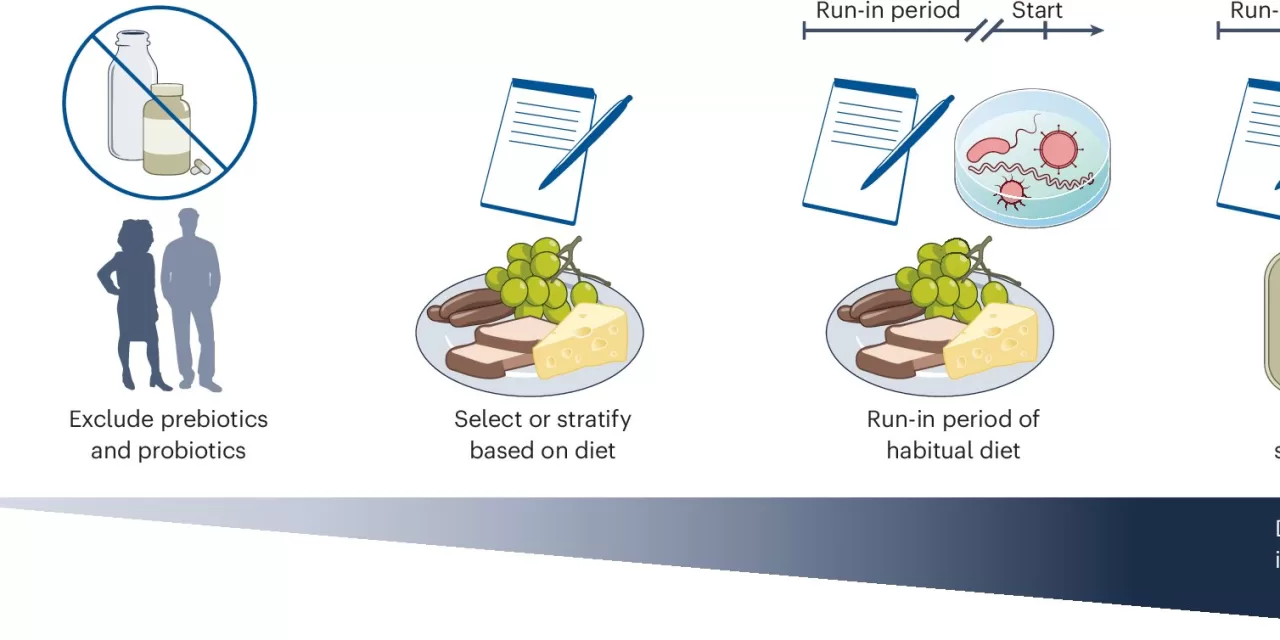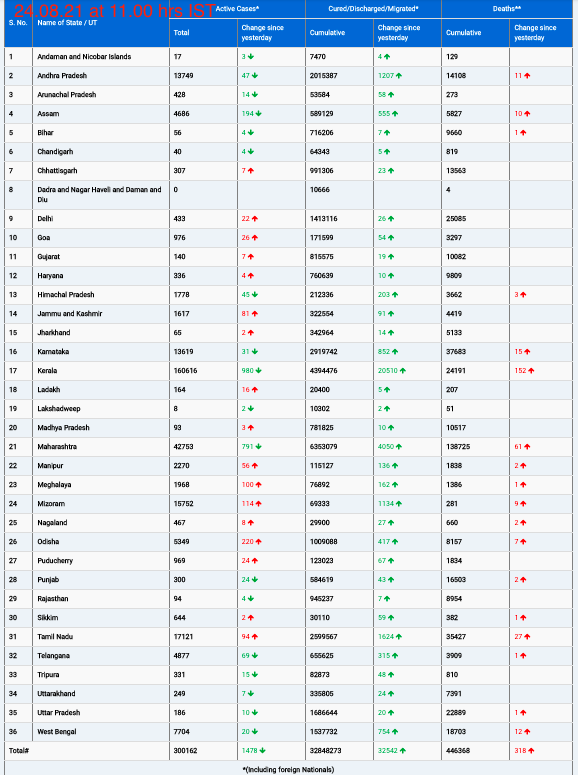A recent perspective paper published in Nature Microbiology highlights the critical role of diet in influencing the effectiveness of probiotics and prebiotics in health interventions. Authored by an international team of experts, the paper emphasizes the need to incorporate dietary variables into research studies, as these can significantly shape the efficacy of these gut-targeting treatments. This new approach marks a significant shift in understanding personalized responses to probiotic and prebiotic supplements, where current findings reveal considerable variability between individuals.
The study, which was convened by the International Scientific Association for Probiotics and Prebiotics (ISAPP), found that diet profoundly influences gut microbiome composition and function—a factor often overlooked in clinical trials. “It was rather shocking to find that diet has been overlooked as a variable for predicting and understanding responses to probiotics and prebiotics,” commented Prof. Maria Marco, co-author of the paper. She explained that diet not only impacts the intestinal environment for probiotics but also provides substrates essential for prebiotic-modulating microorganisms, particularly through dietary fibers.
In studies where dietary data was collected, results indicated a clear association between participants’ diet and their microbiota’s response to probiotic or prebiotic intake. For example, in a recent study involving individuals with metabolic syndrome, variations in dietary intake appeared to account for differences between responders and non-responders. Another study demonstrated that participants with a high-fiber diet experienced a greater microbiota response and increased satiety while consuming a prebiotic supplement, compared to those with lower fiber intake.
The authors argue that diet must be a cornerstone of future probiotic and prebiotic research. “It is no longer enough to measure the host microbiome as a factor in understanding the response to probiotics and prebiotics,” said Prof. Kevin Whelan from King’s College London, a co-lead of the study. “To understand the bigger picture, it’s necessary to also know how diet shapes the microbiome and determines probiotic and prebiotic response.”
To facilitate future research, the authors propose 10 key recommendations for designing and conducting clinical trials that incorporate diet as a variable. These include:
- Dietary Harmonization: Assessing whether and how to standardize participants’ diets before interventions.
- Clear Dosage Instructions: Providing precise instructions regarding probiotic or prebiotic doses and timing.
- Scheduling Around Dietary Changes: Avoiding holidays or periods when participants’ dietary patterns may deviate from the norm.
- Selecting Assessment Methods: Choosing dietary assessment methods tailored to short-term or long-term study needs.
- Involving Nutrition Experts: Ensuring research teams include dietitians or nutrition researchers experienced in gut microbiome studies.
By taking dietary factors into account, the authors believe that researchers can unlock more personalized and effective approaches to gut health, making probiotic and prebiotic interventions more reliable for diverse populations.











